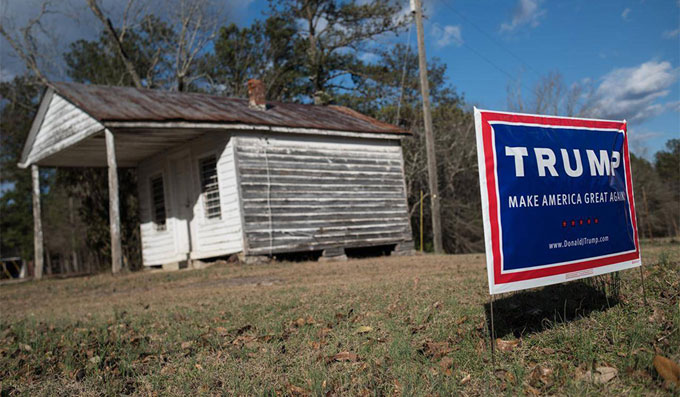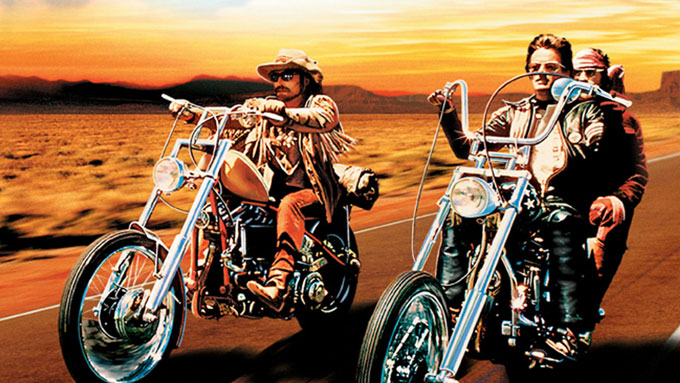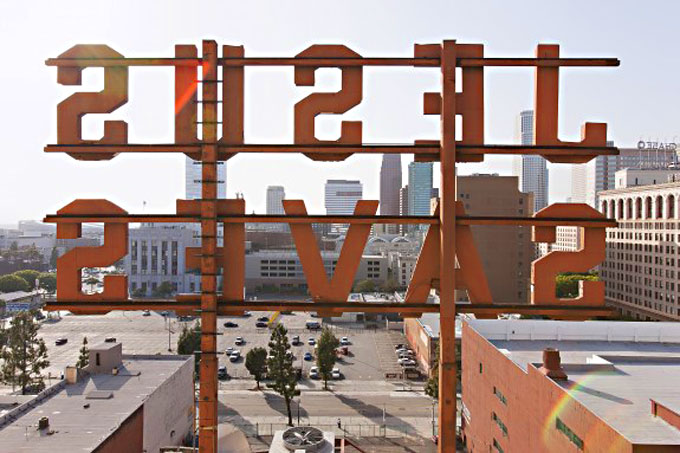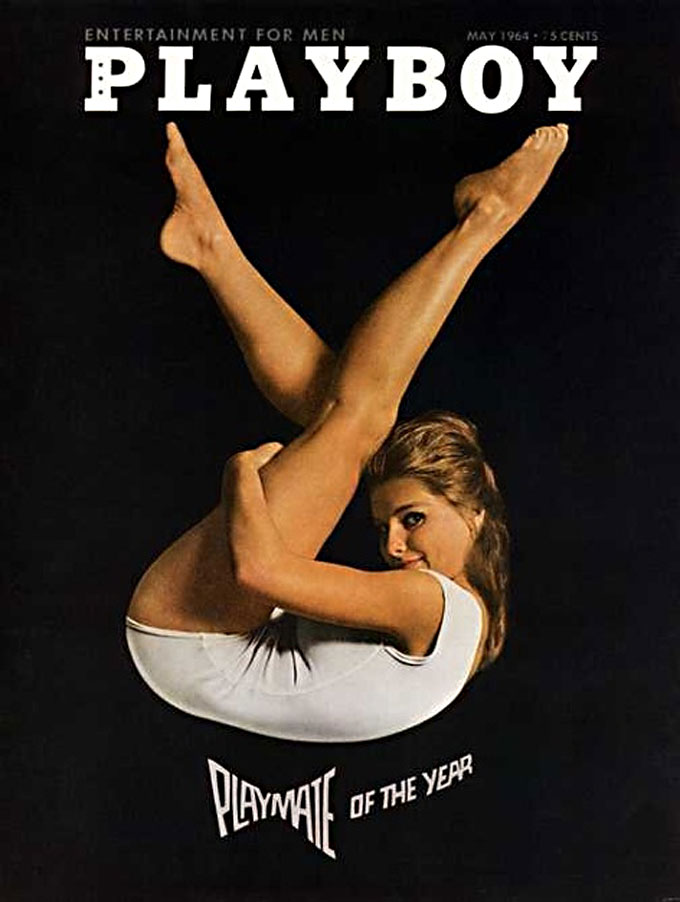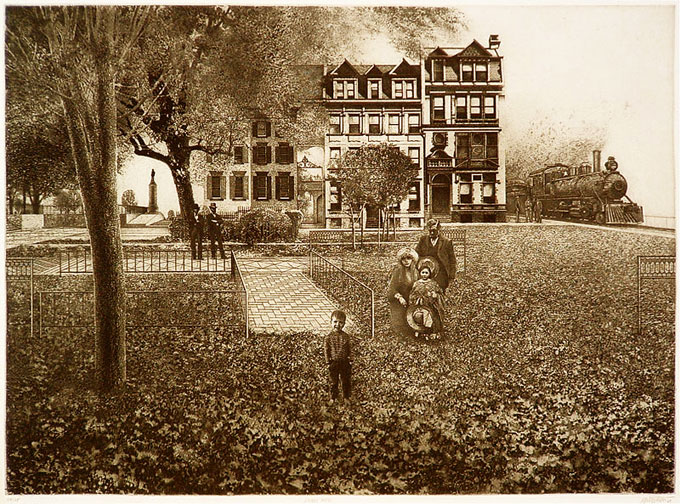
It is truly breathtaking, this man-takes-mate-and-
mate-then-takes-him-too stuff. And, sure, I tear up—
teardrop fountains at the vows, that hopeful poetry
spoken alongside abject awareness of the awful
because the job is to balance the bad with Joy.
And, sure, I understand why we need hope
to challenge despair—when you hope you hear
Time lecture on the epistemology of the grave
but don’t want to crawl into a grave. Hope
is the forests in Ohio, Hocking County,
and so: a plaited garland in a bride’s hair.
Some days, Time says, Watch what is passing.
And it says: take courage if, and while, you can—
even here where parking is bad and the hillside
tattooed with the markings of past treacheries.
Photo of Bridge of Sighs by Roy Bentley.

